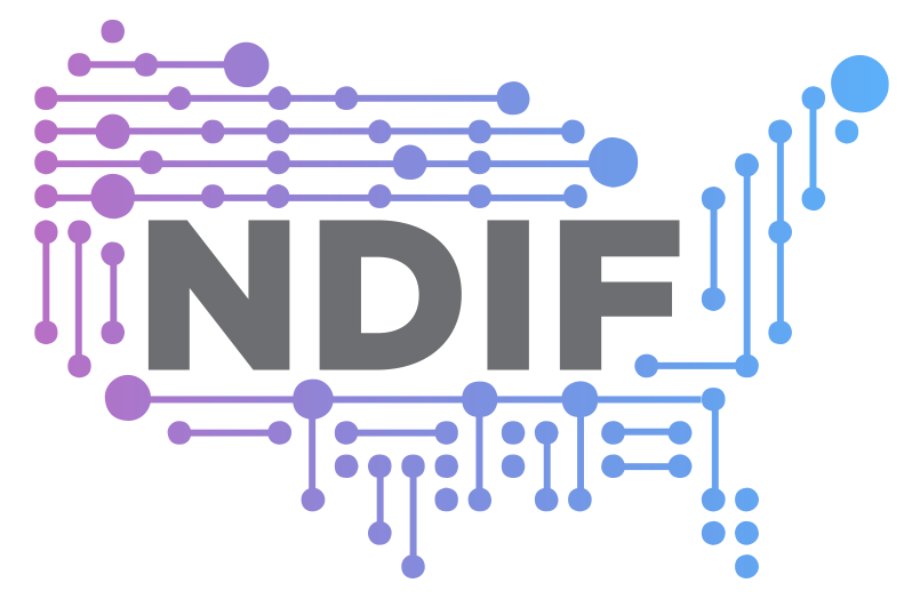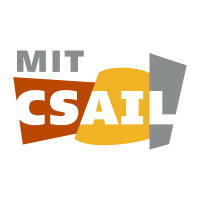
Sarah Schwettmann
@cogconfluence
Research Scientist @MIT_CSAIL PhD @MITBrainAndCog, @BKCHarvard affiliate, teaching @MITMuseum Studio
ID: 4020498861
http://cogconfluence.com 23-10-2015 00:33:08
1,1K Tweet
2,2K Followers
945 Following


I am delighted to officially announce the National Deep Inference Fabric project, #NDIF. ndif.us NDIF is an U.S. National Science Foundation-supported computational infrastructure project to help YOU advance the science of large-scale AI.



Very excited about this new work from Yossi Gandelsman–a compelling demonstration of the usefulness of interpretability for model auditing. Automatic decomposition of polysemantic neurons (no need for expensive SAE training!) into associated text directions enables generation of

Looking forward to participating in this panel next Tuesday, organized by the wonderful Kartik Chandra (also on Mastodon and Bsky) & co.! 🧠💻More on coggraph, a new workshop at the interface between cognitive science and computer graphics: coggraph.github.io 🔗Zoom registration link:



Hi ICML! We're presenting papers this week: - understanding how LMs learn new langs in-context arxiv.org/pdf/2401.12973 - agents for automated interpretability research: …imodal-interpretability.csail.mit.edu/maia/ - calibrating LMs by marginalizing over missing context: arxiv.org/abs/2311.08718

#ICML2024 come chat about scalable Interpretability at #2407 from 1:30-3pm! With Tamar Rott Shaham and Franklin Wang I might be wearing a bowtie in MAIA’s honor 🎀


One week left to submit to our #ECCV2024 European Conference on Computer Vision #ECCV2024 workshop on evaluating vision foundation models! 🔎🤖👁✨ Deadline: July 31 23:59 GMT Topics include: interpretability, visual reasoning & grounding, hallucination, visual abstraction, in-context learning, & others here:





